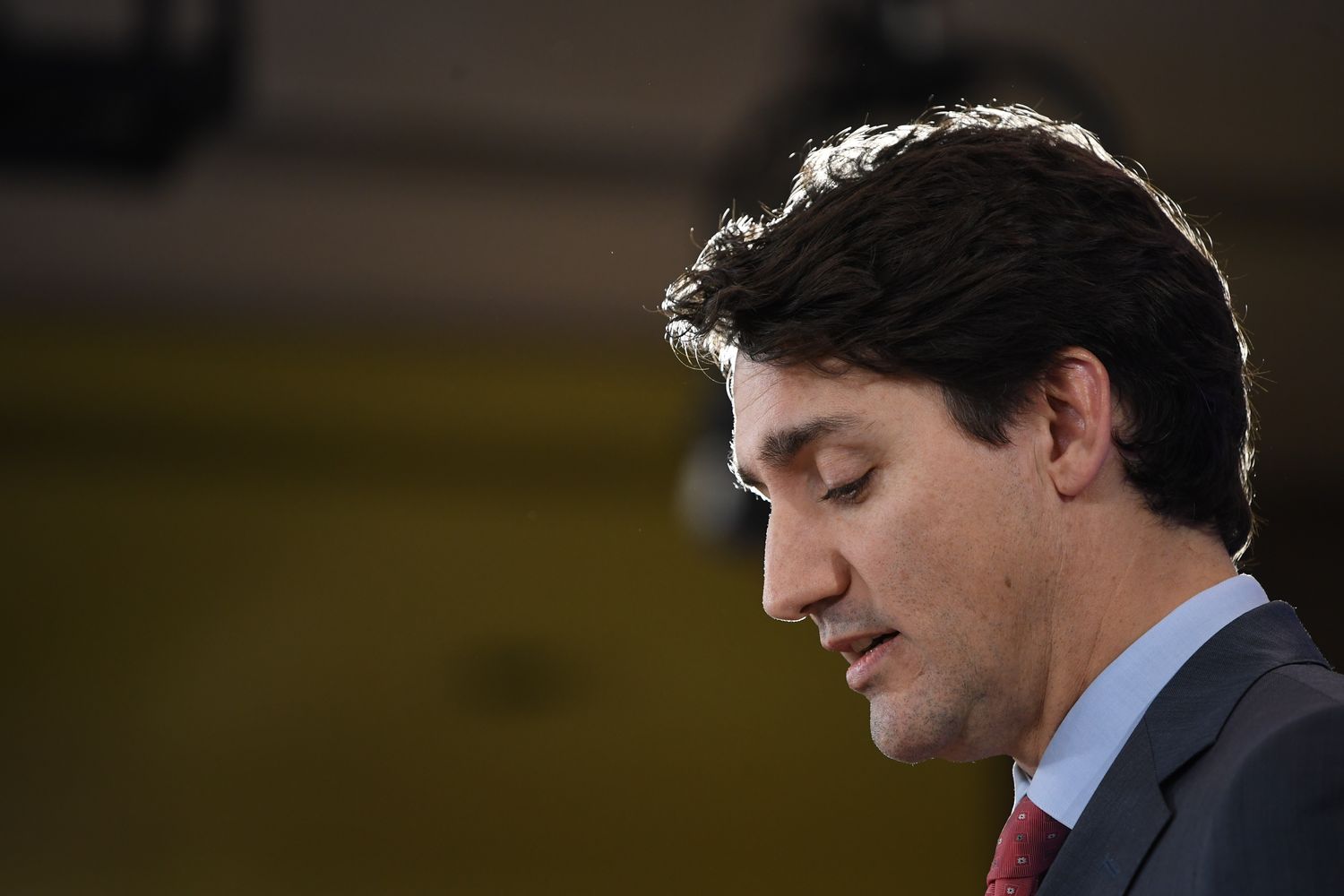
Despite being a founding U.N. member and part of the G-7 and G-20, Canada’s size and history once again counted for little: the government of Conservative Prime Minister Stephen Harper was defeated by Portugal in 2010, even as the former colonial power was in the midst of the humiliating EU bailout.
Canada had touted its membership in the Commonwealth of Nations; the Francophonie, an international organization of French-speaking countries; and the Organization of American States, as well as its status as an Arctic nation. Canada’s diversity meant it could be a voice for many at the U.N., the country’s ambassador to the U.N., Marc-André Blanchard, told POLITICO on Monday.
Each country had two votes in each regional category. Out of 192 votes in the “Western Europe and Other” category, Norway received 130, Ireland 128 and Canada 108.
In other regions, India (184 votes) and Mexico (187 votes) easily won their contests, while Kenya and Djibouti will head to a run-off vote for the African seat on Thursday, after neither country obtained the necessary two-thirds majority.
United Nations ambassadors voted in isolation and wearing masks — in individual time slots throughout the week — at U.N. headquarters in New York.
The result marks the end of years of campaigning, and deals symbolic damage to Canadian Prime Minister Justin Trudeau’s internationalist image.
Conservative Leader Andrew Scheer blasted Trudeau’s stewardship of the campaign this week, accusing him of courting human rights abusers for votes and tarnishing Canada’s image in pursuit of a “personal vanity” project.
“The prime minister can’t bring himself to criticize dictators and despots around the world who abuse human rights,” the official opposition leader said Wednesday.
Trudeau had deflected criticism of the bid from Conservatives by nodding to Canada’s 2010 loss under Harper, whose foreign policy he said was an “embarrassment” to Canadians.
Speaking prior to the vote, the Liberal leader sought to downplay its significance: “A seat on the U.N. Security Council is not an end to itself. It’s a means to an end,” he said, adding that Canada would continue to be a voice for others on the international stage, not just itself, regardless of the result.
Richard Gowan, U.N. Director of the International Crisis Group, said U.N. diplomats broadly agree Canada’s team “campaigned well.”
With Norway, Ireland and Canada all taking similar approaches to such core global issues as climate change, multilateralism and peacekeeping, Canada’s relatively late entry into the race — as well as stumbles like Trudeau’s brownface scandal — hurt Canada’s ability to stand apart and make its case.
While Ireland and Norway declared their candidacies in 2005 and 2007, respectively, Canada jumped into the race in 2016: already too late to win India’s vote, which had committed its votes to Ireland and Norway in a vote-swap arrangement, the Hindustan Times reported.
The Canadian government shelled out roughly $1.7 million and employed 13 full-time campaign staff, compared to Norway’s $2.8 million budget and Ireland on $1 million. Ireland splurged on U2 and Riverdance tickets for diplomats, and Canada on Céline Dion tickets, BBC reported, in addition to giveaways such as greeting cards, chocolates and Canada-branded facemasks.
Norway went for a low-key platform backed by a big development budget. Norway is the world’s most generous aid donor on a per capita basis. With a population of just five million people, Norway earlier this year pledged $1 billion in assistance to the global coronavirus response, and donates close to 1 percent gross national income in development aid, compared to Canada at around 0.3 percent. Ireland has 474 peacekeepers deployed on U.N. missions compared to Canada’s 35.
Source: politico.com
See more here: news365.stream






